“Mom, Dad … where do calves come from?”
Calves, babies… where do they come from? This is maybe one of the most difficult questions that parents have to face – and the explanation needs to follow some time or another. Just remember, the discomfort is temporary and the quicker you tackle the bull by the horns, the quicker the end of the biology lesson is in sight. This is also one lesson that should not be forgotten on the farm, because it could lead to expensive losses for the farmer in terms of fertility losses. In general, a lot of emphasis is placed on the fertility of female animals in the herd, and we often forget to take into account that bull fertility has a much larger impact on the herd’s production potential. Bulls have to successfully mate with a large number of female animals in a season to ensure the breeding of calves on the farm.
The developing bull
The future bull’s fertility starts with the pregnant cow. Cows should receive appropriate supplements during their gestation period to ensure that they produce strong bulls with good reproductive abilities. Research has shown that the shortages a bull experiences as a calf cannot be corrected later in life. The most important phase for the developing bull is the period before he reaches the age of six months. During this stage, the testes are growing, and will influence the bull’s long-term fertility as well as the age he will reach puberty. Improved testes growth will lead to improved production and quality of the spermatozoa.
The breeding bull
Infertility in bulls can shoot farming costs through the roof. Infertile bulls cause reduced conception rates, an extended calving season, reduced calf weight (because of the extended breeding season), and will increase the number of female animals that are culled. All of these factors can have an enormous impact on the economics of farming enterprise.
The breeding season of a bull already starts before the breeding season; in other words, there are a number of factors that influence the success of the following season even before the bull is put to the cows.
During the breeding season, breeding bulls spend much more time looking for a cow to mate with than spending time to feed. This leads to bulls losing a lot of weight during this time.
Body condition score
It is of utmost importance that the breeding bull already has the correct body condition score before the breeding season starts. During the breeding season, breeding bulls spend much more time looking for a cow to mate with than spending time to feed. This leads to bulls losing a lot of weight during this time.
Nutrition during the 60 days before the breeding season is crucial, because it takes approximately 60 days for the bull to produce functional spermatozoa. Stimulant nutrition (prikkelvoeding) can be offered to bulls during this period in order to increase sperm production and quality. Remember to maintain a good balance, though: too much energy (in the form of maize or concentrated feed) can have a negative impact on the breeding bull, because fat can form in the testis. Another negative consequence of feeding too much concentrate is that it can lead to the development of laminitis because of acidosis in the rumen. Laminitis has a negative effect on the bull’s ability to actually walk around and mate with female animals. If feed intake is limited, or if the bull does not receive the correct feed and nutrients before the breeding season starts, he will experience low libido, which will lead to decreased mating ability. Shortages in protein, energy, and trace minerals can also have a negative impact on the success of the bull’s breeding season. Zinc is one of the trace minerals that plays a huge role in bull fertility.
Health management
The general health of a bull is extremely important during the breeding season. If the health of a bull is in jeopardy before the breeding season starts, it can have an influence on the bull’s mating ability and breeding success. Spermatozoa are very sensitive for temperature changes; therefore, the temperature of the scrotum should be between 2 ˚C and 6 ˚C cooler than the bull’s normal body temperature. Diseases that cause the bull’s body temperature to rise, can leave the bull temporary sterile. Some types of medicine and vaccinations also have a negative effect on fertility. In order for breeding bulls to successfully mate with female animals, they need to be fit and have a good libido. Put feeding and water troughs on both sides of the camp to force the bulls to walk in order to improve their fitness levels. Also read Top 10 tips for reproduction (from the 2019 ARSBC conference) by Dr Jason Russell.
Bull fertility and the environment
Mother Nature is not always gracious and sometimes bad weather is on the menu. Producers can reduce the stress that breeding bulls experience by implementing the following practices:
- Bulls that are put to a breeding herd should be put into the same camp before the start of the breeding season in order for them to sort out their ranking before the season starts.
- Reduce the handling of bulls before the breeding season and do not transport them during the breeding season.
Here are a few tips regarding bull fertility and health
- Plan a vaccination programme with your herd veterinarian that does not overlap with the breeding season or the period immediate before it starts.
- Discuss possible negative effects of certain medicine and vaccinations with your herd veterinarian.
- If a breeding bull becomes ill before the breeding season starts, grant him at least 60 days of rest before he is exposed to the female animals.
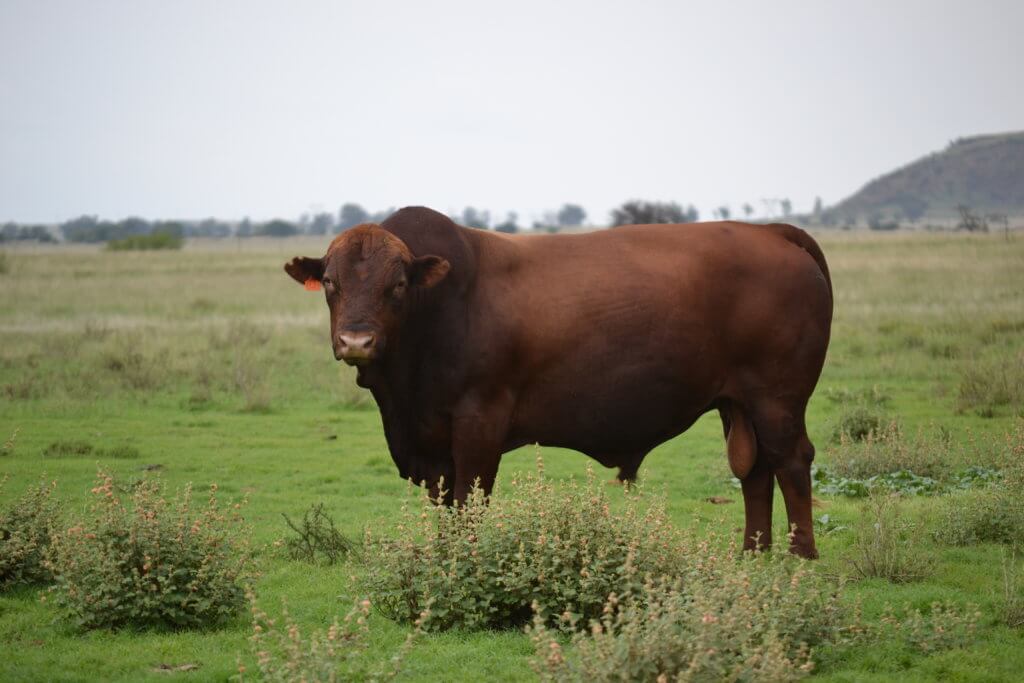
Conclusion
The bull only gets a chance to prove himself on the farm once a year. They will pass this test with flying colours if the correct management programme is used in time.
Download the full article in Afrikaans in PDF format here, as published in the Volume 12, Issue 5 of Red Meat/Rooivleis.
Ruminant researcher
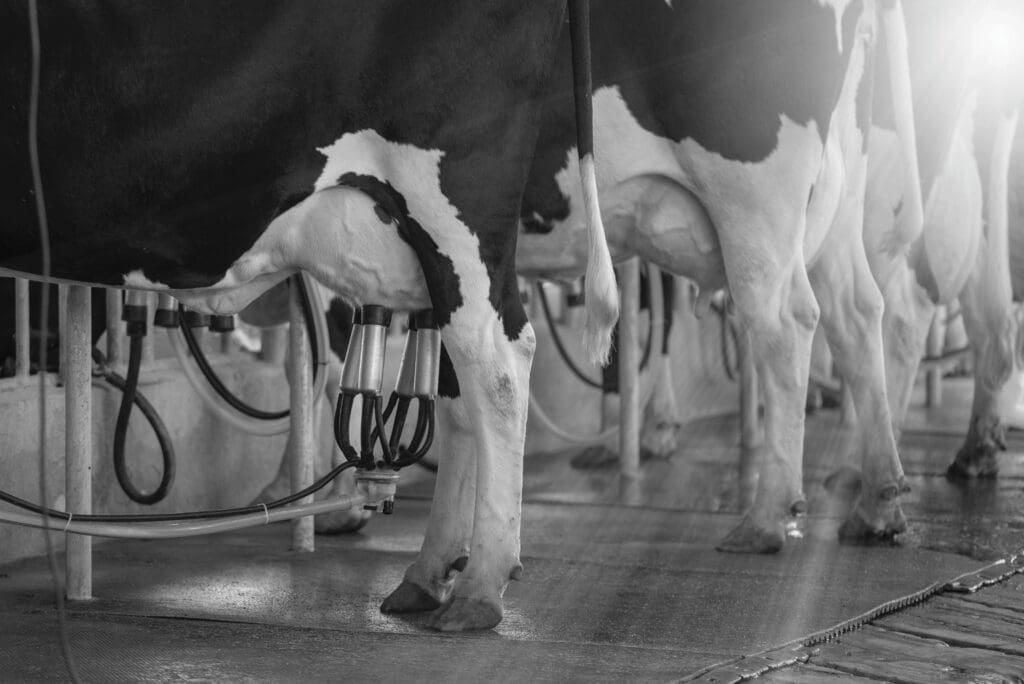


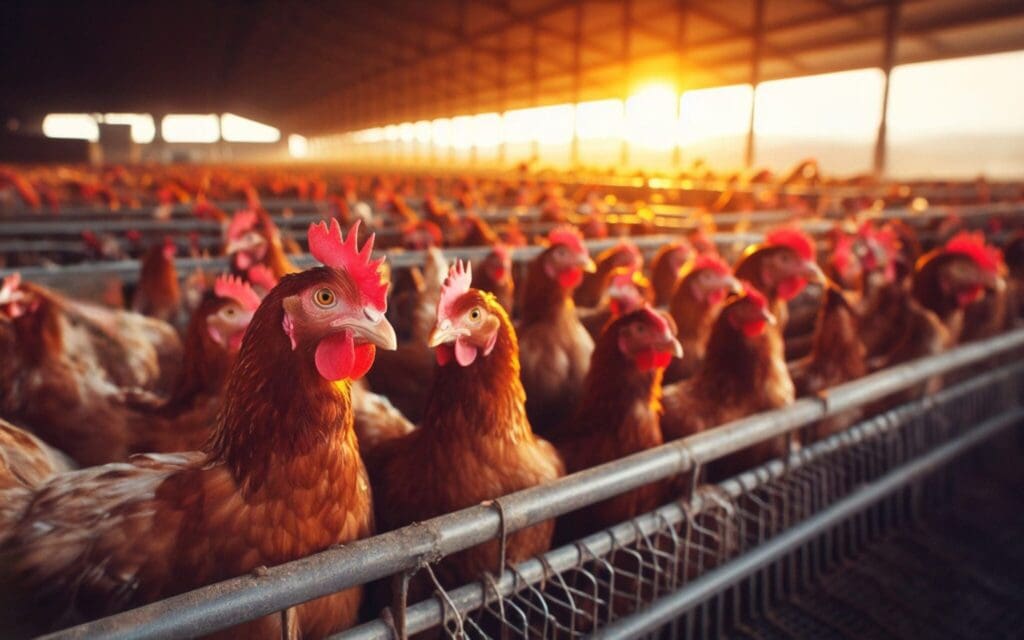
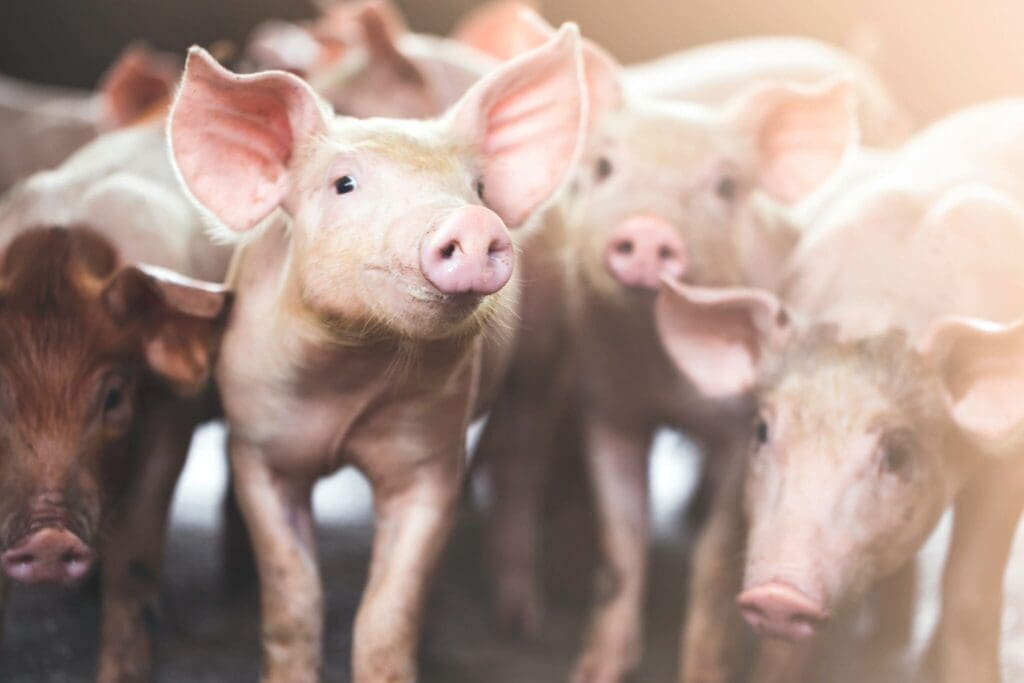
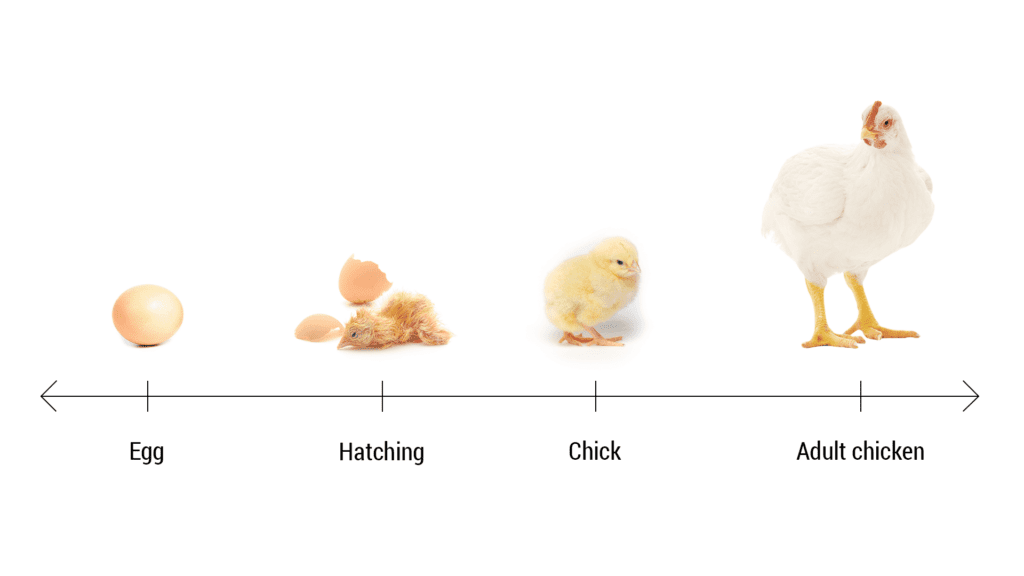

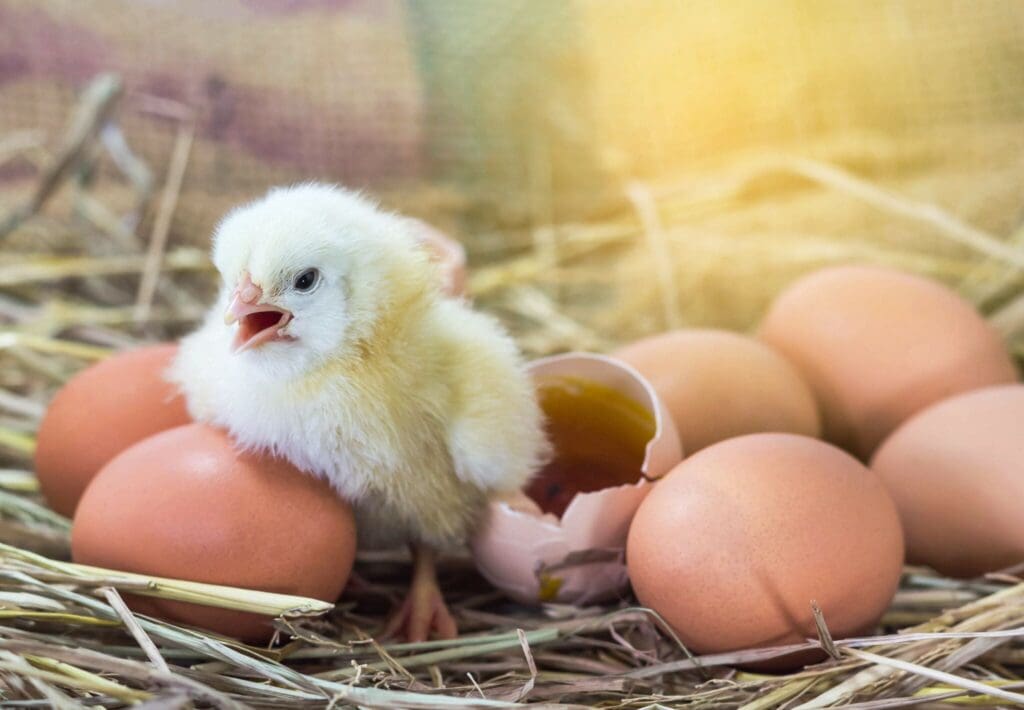

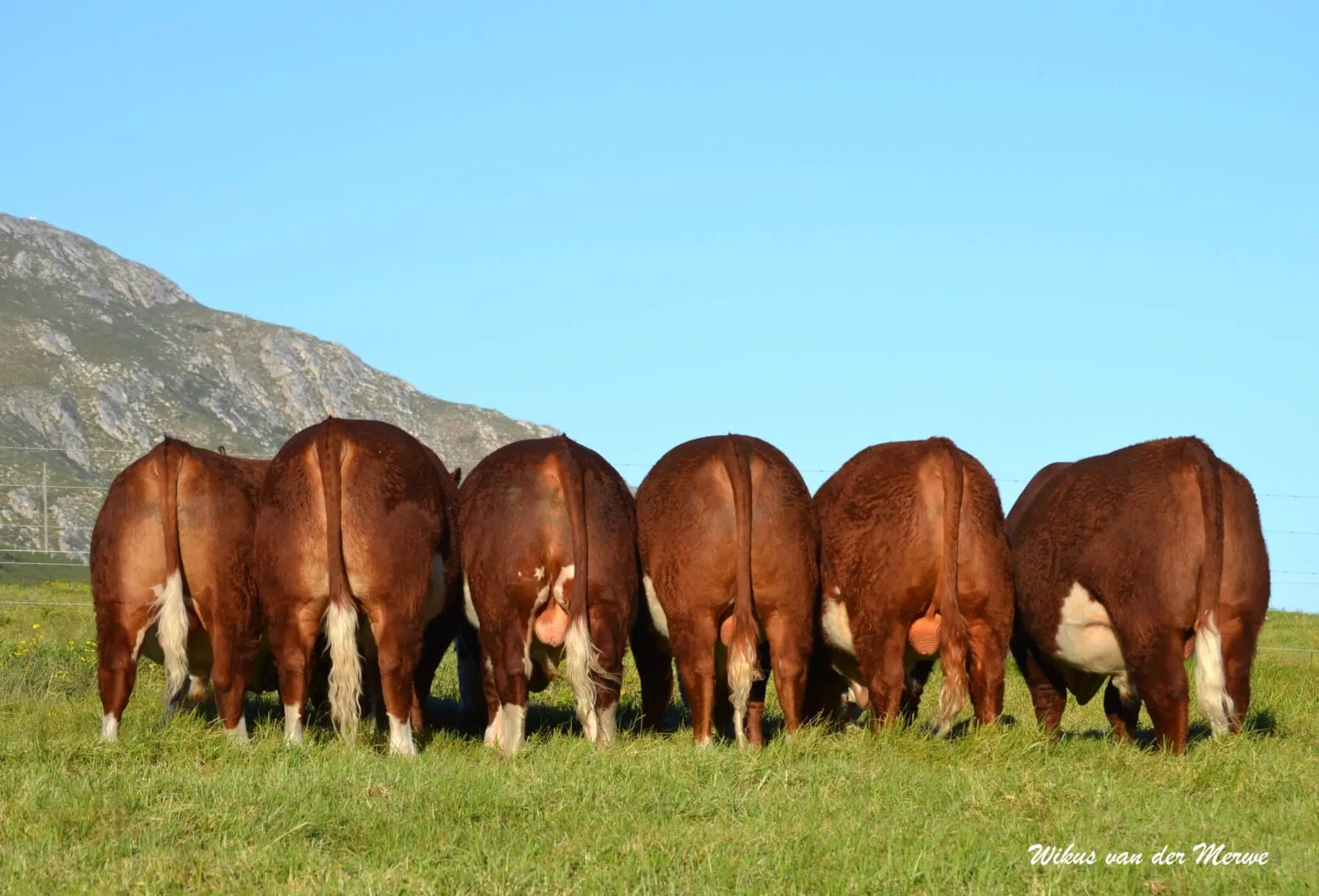

Informative and well written. Thanks, Ashley🤜🏻